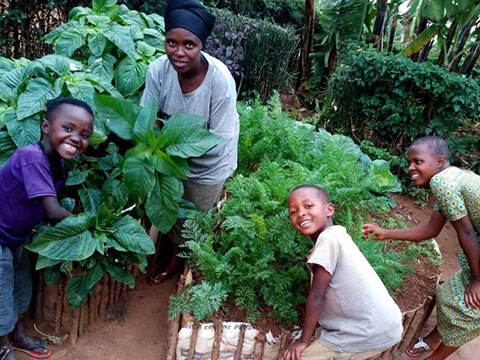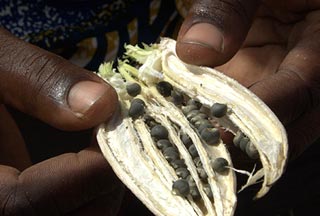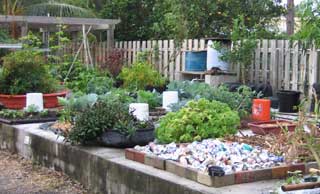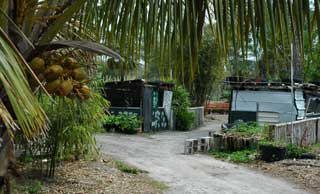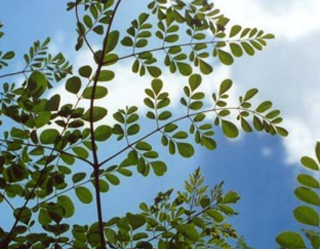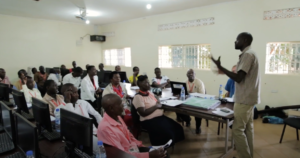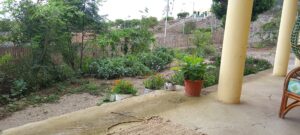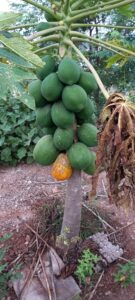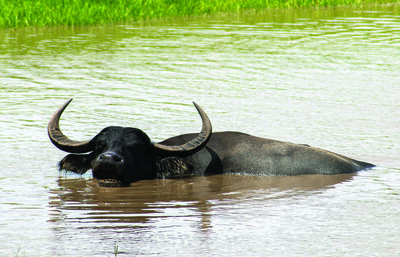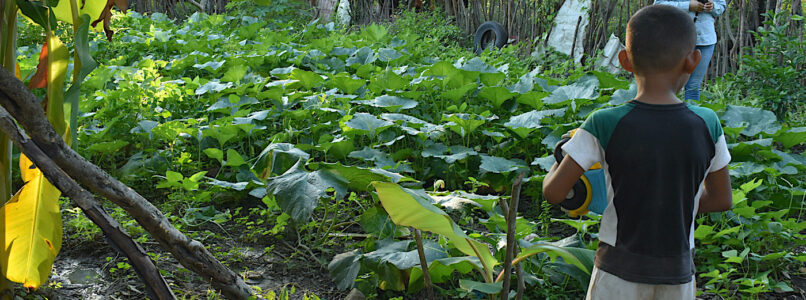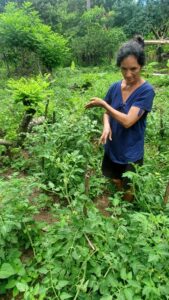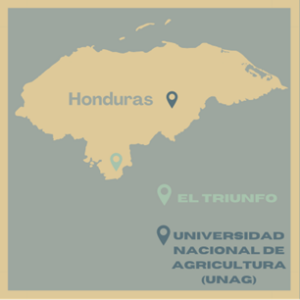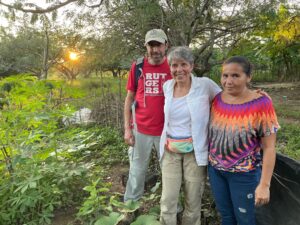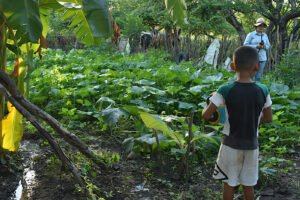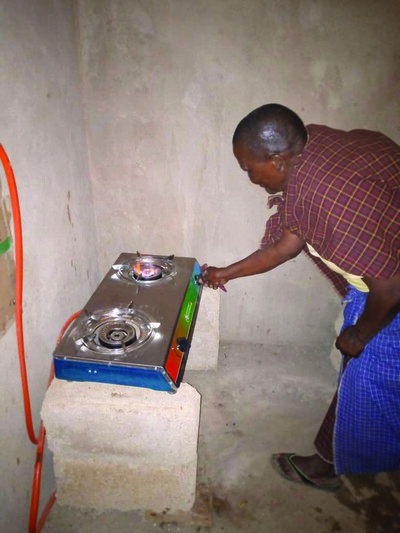
Biogas model paves the way to energy self-sufficiency. Tubular digester trainings plant the seed for rural East African areas to be more financially successful and energy self-sufficient.
By: Ella Roberts, Storytelling Intern
When he was 15 years old, missionaries in Likamba village begged Pastor Elirehema to feed their digester so that they would have methane to cook with. After that, he told himself one day, I’m going to have one of my own. For years he was convinced it was not possible. He thought it would cost too much, he wasn’t knowledgeable on the process, and he wouldn’t be able to maintain it. However, three years ago, at the age of 57, Pastor Elirehema received his own digester. His dream had finally come true.
For many, their dreams might not look like those of Elirehema. But for him and others in the Maasailand of Tanzania, having access to a biogas digester would save time, and money, and increase crop productivity and yield.
This is just one example of the impact of research being done in the Appropriate Technology Center at ECHO East Africa. Thanks to ECHO’s training, former trainee, now trainer Herry Charles was able to take back all that he had learned to his community. With the innovative research being done on agricultural biogas and its multifunctional benefits, the lives of those in rural areas of the East African region have been improved.
Biogas is a mixture of methane and carbon dioxide with small amounts of hydrogen, nitrogen, carbon monoxide, and other compounds. This is produced when organic material decomposes under low-oxygen conditions. Biogas can be used as a fuel source for cooking, heating, producing light, or even to power a generator.
Interest in producing renewable energy with available resources, recycling and reusing materials, and reducing greenhouse gas emissions has increased across the world. Biogas addresses all of these concerns by using renewable inputs such as animal manure and producing gas as an output that can be used as a source of energy.
After quitting his job as a safari guide, Herry Charles dedicated his career to learning more about agriculture to make a difference in the world. He first heard about biogas in 2015 from Erwin Kinsey, Director of ECHO East Africa, who he had been working with at Global Service Corps as a training and logistics staff member in Tanzania. Not long after, he participated in an ECHO training in Tanzania where the tubular biogas digester technology was introduced.
“When we started working on the first tubular biogas prototype, he appeared on the scene and we opted him into the training,” Kinsey said. “Since then, he has gone forward with it as a trainer of others to share this useful technology. He’s the only trainee who took such an interest.”
Charles’ commitment and passion for ECHO and its mission were obvious as he went about sharing all that he had learned. In those early years, Charles worked on a consultant basis, giving out surveys, constructing more biogas digesters, and setting up devices to monitor the gas pressure to determine utilization. He attended biogas field trips, summits, and exchange visits to Kenya.
By 2020, Charles was hired on as a full-time staff member in the Appropriate Technology Center as a biogas technician, where he receives mentoring from ECHO engineer Harold Msanya and teaches local communities about biogas, its benefits, and how they can begin gathering materials to build their own version of a tubular biogas digester.
Agricultural biogas is one of many multifunctional practices that can contribute positively to improving rural livelihoods across the world. First, the dependency on firewood and charcoal (or other non-renewable energy sources) for domestic cooking is partially or completely eliminated. Households would typically use a major portion of income on the purchase of these domestic energy sources adding to deforestation and land degradation. Additionally, producing biogas in the homestead reduces the workload of women and children who would typically spend 6-9 hours weekly gathering firewood and can lessen indoor smoke inhalation which disproportionately affects women and children.
Bio-slurry, another important output from biogas, is a source of manure that enhances production of crops and maintains soil productivity. Bio-slurry is broken down and acted upon by the microorganisms during the process of biogas synthesis, thus helping to create a cleaner environment free of flies and odor. As such, biogas is considered to be a low-cost sustainable practice for small farmers in the region who typically have a reliable source of animal manure.
Having access to large plots of land allows for community members to house animals such as cattle and provides the space necessary to build digesters. However, the biggest challenge, Charles says, is the lack of income for the materials it takes to build a digester. Some may find work in the cities to provide for their families. The time it takes to gather the materials for a digester varies depending on the income and profit from the crops from that year’s harvest.
The fluctuation of prices for bricks, cement, wires, and iron bars makes certain models expensive for the region. Models such as the IBC tank digester used in the U.S. may cost up to $350. However, models such as the tubular digester used in the East African region require few materials. One instrumental resource readily available in the area is durable plastic, which is used to create the tubular shape that will eventually inflate with gas as the process of digestion occurs. Other materials include cement, sand or gravel, pipes, and a stove burner, all of which are locally available in rural areas of Tanzania.
Charles is now the lead trainer in an ECHO Tanzania initiative on biogas through one-day training programs, where he and other ECHO staff bring together mostly youth from the surrounding villages to train them on biogas and its benefits. Through practical and theoretical training, the program teaches youth how to be technicians, build their own business, produce organic fruits and vegetables by using bioslurry, and become ambassadors for biogas.
As the communities continue to learn more about biogas methods and models, they can start gathering materials to build their own. Charles’ hope for this program is that as the youth become familiar with the technology, they will spread the word about how biogas can improve rural livelihoods.
“If they travel to a different area, they have a chance to tell people how to live a good life here and share information about biogas,” Charles said.
Now, other young people have the same desire to have their own biogas digesters as Pastor Elirehema had when he was a boy. Only this time, it is not just a dream.
